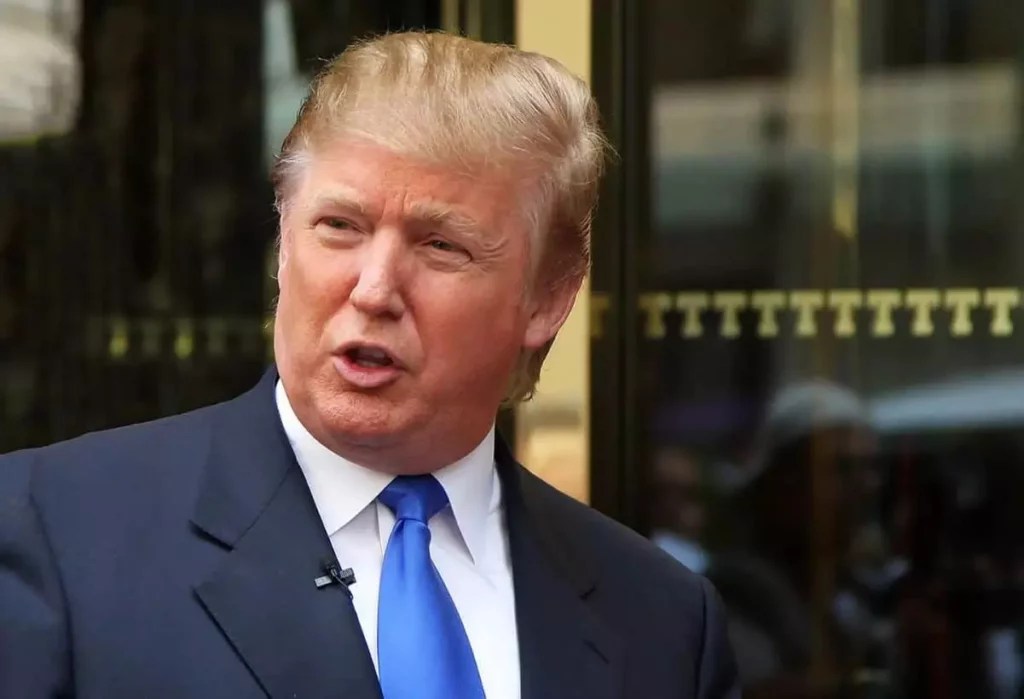The Trump campaign made headlines on Tuesday with its announcement to accept cryptocurrency donations for the first time ever by a major party presidential nominee. This decision aligns with Trump’s overarching theme of prioritizing “freedom over socialistic government control,” as described by the campaign.
Embracing New Financial Technologies
By allowing supporters to donate with “any cryptocurrency accepted through the Coinbase Commerce product,” the Trump campaign is tapping into the growing popularity of digital currencies. This move not only demonstrates a willingness to adapt to evolving financial technologies but also signals a strategic shift in fundraising tactics.
The campaign’s decision comes in response to criticism from Senator Elizabeth Warren, a vocal opponent of cryptocurrencies and a surrogate for President Joe Biden. Warren’s stance against digital currencies has sparked a backlash from the Trump campaign, which aims to mobilize a “crypto army” of MAGA supporters to secure victory in the upcoming election.
Trump has positioned himself as the “crypto candidate,” embracing digital currencies and leveraging them for political gain. From selling NFT trading cards to hosting exclusive dinners for NFT backers at his Mar-a-Lago club, Trump has solidified his pro-crypto stance. He has rallied supporters who align with his views on cryptocurrencies, framing the election as a choice between upholding or dismantling the crypto industry.
Market Impact of Accepting Cryptocurrency Donations
The announcement of Trump’s campaign accepting cryptocurrency donations has had tangible effects on the market. According to Nansen, the price of the TRUMP token surged by 14% following the news. Analyses of the top TRUMP buyers and sellers revealed contrasting patterns, with early adopters reaping significant profits while others struggled to realize gains.
The Trump campaign’s foray into cryptocurrency donations sets a precedent for future political campaigns. As digital currencies continue to gain traction, candidates may increasingly turn to crypto fundraising as a way to diversify their donor base and appeal to tech-savvy supporters. This shift underscores the growing influence of cryptocurrency in the realm of politics.
The Trump campaign’s decision to accept cryptocurrency donations marks a significant milestone in the intersection of finance and politics. By embracing digital currencies and leveraging them for fundraising purposes, the campaign is not only adapting to changing trends but also reshaping the landscape of political fundraising. As the 2024 election approaches, the role of cryptocurrency in campaigns is likely to become even more pronounced, with candidates vying for support from a new generation of donors.


















Leave a Reply